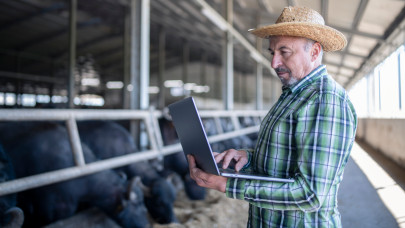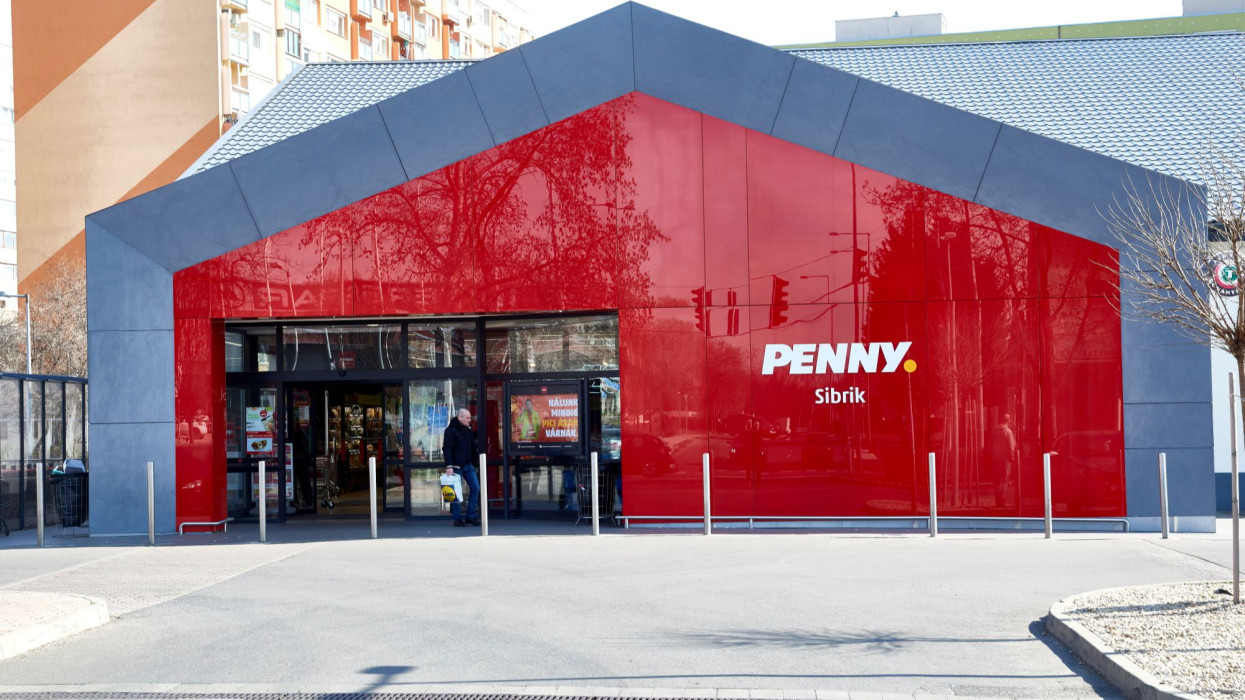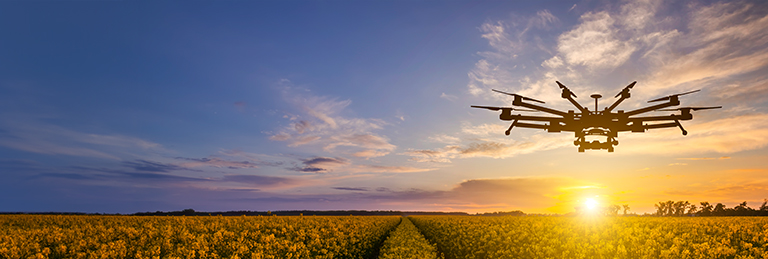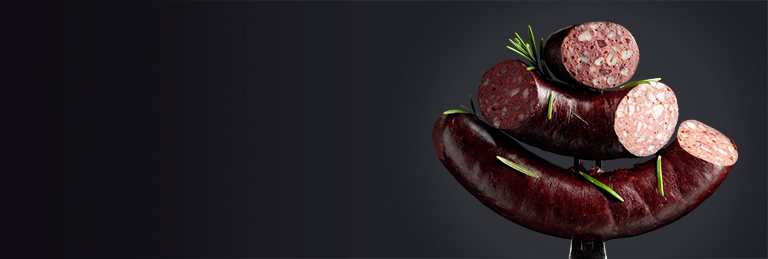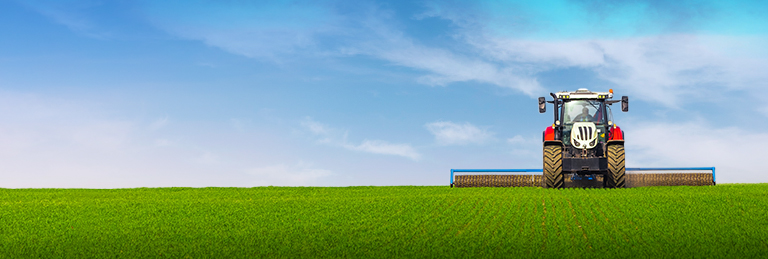RHEA aims at diminishing the use of agricultural chemical inputs in a 75%, improving crop quality, health and safety for humans, and reducing production costs by means of sustainable crop management using a fleet of small, heterogeneous robots –ground and aerial– equipped with advanced sensors, enhanced end-effectors and improved decision control algorithms. A cooperative fleet of robots (three ground mobile units + three different implements + two aerial units) has been developed under RHEA framework, to perform both chemical and physical effective weed management –mechanical and thermal– and tree spraying, to cover a large variety of European produces.
|
1 Fleet of coordinated ground robots |
RHEA gathers a very large number of multidisciplinary research groups and enterprises from 8 EU countries to accomplish an authentic step forward in applying precision agriculture techniques in a massive way. The success of RHEA could bring a new means of applying automatic systems to agriculture and forestry crops with an important impact in improving the economy and environment as well as in maintaining the sustainability of rural areas by launching new technological jobs.
One of the main goals of RHEA is the dissemination of the results in order to serve as a sample experience for all the different players involved in agricultural mechanization. The RHEA project started on August 1, 2010 and it will last until May 2014 where a final demonstration will be held at CSIC-ICA facilities in Arganda del Rey, Madrid (Spain).
Information about the project was presented by various partners involved in the project at Agritechnica 2013 in Hannover where Ground Mobile Unit and Aerial Mobile Unit replicas were exhibited at AGRAGEX's booth (06 E38). AGRAGEX is the Spanish exporters association of agricultural and livestock equipment.
|
2 UPM LPF_TAGRALIA group members at the presentation of the Project at Agritechnica 2013, Hannover in collaboration with the Spanish Exporters of Agricultural Machinery Association (Agragex) |
Project Concept:
Robotic pest management will be conducted in two different scenarios. For weed control in annual crops, initial problem diagnosis will be conducted by periodic inspection of the fields using aerial units. This information will be georeferenced in order to make possible site-specific treatments. Computer programs have been designed for the decision-making process. Each individual tactic (chemical or physical weeding) will be assessed considering its efficacy and profitability. Online decisions will be based on stored information and on current weed status information.
The distribution of all the ground units of the fleet and path for each unit will be planned. The actuation of all the fleet vehicles will be coordinated to achieve maximum weed control effectiveness, minimal crop damage and optimal cost/benefit relationships. Aerial units will monitor the overall mission status, identifying and solving any malfunction in the fleet and informing the operator. For insect/disease control in woody crops (agricultural or forestry) online spraying will be conducted using different types of air-blast sprayers controlled by sensors. In order to achieve these goals, numerous innovations will be required in various fields: perception systems, vision systems for safety, actuation systems, communication and location, graphical user interfaces, etc.
Equipment specifications:
The Base Station is the point of interaction between the mobile units and the human operator. It consists of a cabinet located next to the mission field and equipped with a computer and software specially designed to plan and control the missions of the ground and flying units. A wireless device and a GPS antenna have been installed to allow a real time communication with each of the mobile units and to correct the signal of each mobile unit GPS receiver.
The Ground Mobil Units (GMU) are based on a CNH Boomer T3050 tractor, with a length of 1.7 m and a total weight of 1.6 tn. In addition of the standard 47 hp engine, they are equipped with a fuel cell and a solar panel and carry all the required equipment for autonomous work and weed detection (laser sensor, GPS, vision camera, communication systems, etc).
The aerial units are based on quadrotors (AirRobot AR100X6) with a weight of 1.6 kg and a pay load of 680 g. They are capable to carry and control small cameras that will monitor fields in order to acquire relevant data with a high position estimation accuracy (25-100 cm).
|
6 Hexacopter (aerial mobile unit) |
For chemical weed control in wheat, aerial units will generate weed infestation maps. This information will be provided to a fleet of autonomous medium-size sprayers. These vehicles will be equipped with GPS, sensors, control systems and leading edge injection systems and solenoid valves to spray differentially various herbicides in different field areas.
For physical weed control in maize, although aerial scouting will provide basic information on extent and location of weed patches, actual weed detection will be conducted with two cameras located in the front of the vehicle. This information will be provided online to a mixed, mechanical-thermal, actuation system. For non-selective mechanical control in the inter-row area, duckfoot type elements will be used. For selective thermal control in the crop row, Liquified Petroleum Gas (LPG) burners will be used.
MORE INFO : www.rhea-project.eu or Prof. Constantino Valero constantino.valero@upm.es
PHOTOS: https://www.dropbox.com/sh/06pbutcpvkjrvf2/a_bivDIN9n

